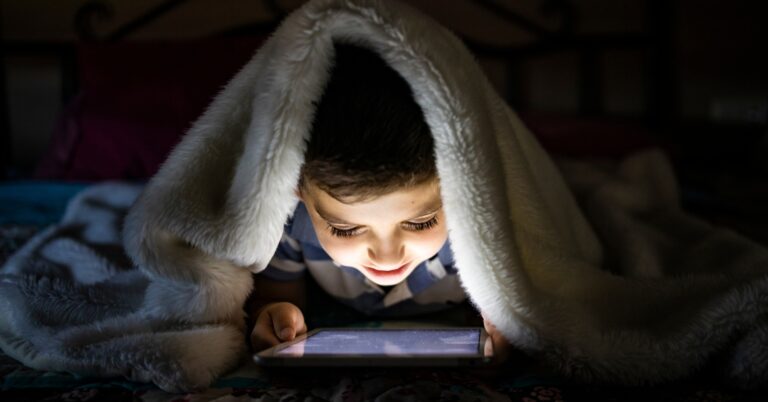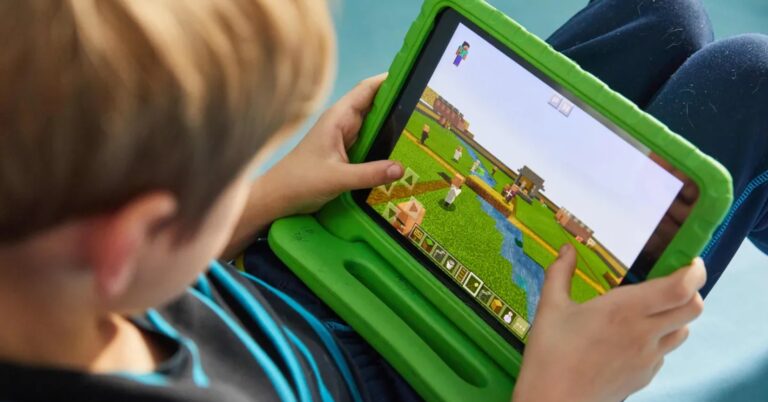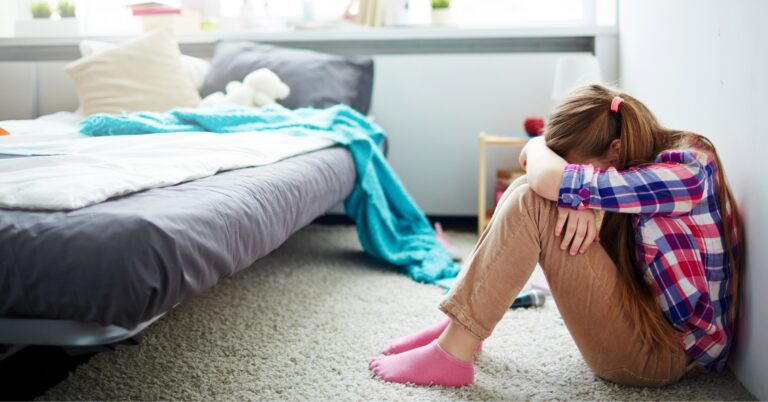We all aspire to give our newborns the best start in life, but sometimes, the uncertainty of first-time parenthood can seem overwhelming.
You might find yourself constantly questioning if you’re doing things right, or if your actions could unintentionally harm your little one’s health.
How do you know if you’re successfully maintaining your newborn’s health, or if there are areas you could improve on?
After extensive research and consultations with numerous child care experts, I’ve compiled a set of 7 principles of cleanliness that are crucial in safeguarding your newborn’s health. If these principles seem unfamiliar, it might be time to reassess and enhance your current baby care routine.
1. Understanding the importance of hand hygiene
It’s a simple act, but it holds immense power – the power to prevent the spread of numerous infections. We’re talking about hand hygiene.
You might underestimate its significance, thinking that a quick rinse under the tap is sufficient, but consider this: your hands are the primary carriers of germs in your home.
How do you ensure that your hands are clean enough to hold your newborn, or to prepare their meals?
The answer lies in proper handwashing technique – wetting your hands with clean water, applying soap, lathering for at least 20 seconds (hum the “Happy Birthday” song twice!), rinsing thoroughly, and drying with a clean towel.
By diligently practicing this simple act, you can significantly reduce the risk of exposing your newborn to harmful bacteria and viruses.
2. Embracing the ‘good’ germs
It sounds contradictory, doesn’t it? After just extolling the virtues of cleanliness, I’m now asking you to embrace germs. However, not all germs are created equal.
You might feel the urge to sterilize every inch of your home to protect your newborn, but doing so could unintentionally deprive them of essential exposure to ‘good’ bacteria.
Research has shown that early exposure to a diverse array of microbes can help build a strong immune system in babies. These ‘good’ germs are typically found in natural environments, like gardens, and even on pets.
So, don’t hesitate to take your baby for a walk in the park, or let them interact with your family pet under supervision. Remember, a little dirt never hurt!
3. Cleaning feeding practices
Ever wondered how clean feeding practices could affect your newborn’s health?
Feeding time, be it breastfeeding or bottle-feeding, is a period where utmost cleanliness is required. It’s not only the cleanliness of the bottles or your hands, it’s also the environment in which you feed your baby.
Unclean feeding practices can lead to illnesses such as diarrhea or other infections in your newborn. Therefore, it’s important to wash and sterilize feeding bottles thoroughly after each use.
If you’re breastfeeding, ensure that your nipples are clean before each feed. Any bacteria present can easily be passed on to your baby during feeding.
Also, be mindful of where you’re preparing your baby’s feed. The area should be clean and free from potential contaminants.
4. Cleaning during diaper changes
What’s more, the importance of cleanliness during diaper changes cannot be understated. It’s a task that you, as a parent, will be performing multiple times a day, and it’s vital to get it right.
Simply put, improper cleaning during diaper changes can lead to infections such as diaper rash and urinary tract infections.
Here are some practices to follow during diaper changes:
- Always wash your hands before and after each diaper change.
- Use baby wipes or soft cloth to clean your baby’s bottom.
- Apply a rash cream as a preventive measure.
- Ensure the diaper area is dry before putting on a new diaper.
These practices may seem basic, but they are fundamental in maintaining your newborn’s health.
5. Regularly cleaning baby’s belongings
Baby toys, bottles, pacifiers – these are just a few items that your newborn comes into contact with on a daily basis. While they bring joy and comfort to your little one, they can also harbor unwanted germs.
You might think that a quick wipe with a baby wipe is enough, but some germs are tougher than we give them credit for.
It’s recommended to clean these items regularly using hot soapy water or a dishwasher if it’s safe for the item. Sterilizing baby bottles after each use is also essential to eliminate any harmful bacteria that might have accumulated.
By keeping your baby’s belongings clean, you’re taking another step towards ensuring their health and wellbeing.
6. Teaching older siblings about cleanliness
If you have older children, it’s a whole new ballgame. They run, they play, and they bring home all sorts of germs. But they also adore their little sibling and want to be around them all the time.
You might think it’s sweet when your eldest wants to feed the baby or change their diaper, but kids are not naturally inclined to cleanliness.
Take this as an opportunity to teach your older children about cleanliness. Show them how to wash their hands properly, explain why we don’t share food with the baby, and involve them in keeping their play areas clean.
This isn’t just protecting your newborn’s health; it’s about teaching valuable life lessons to your older kids. It’s real, it’s messy, but it’s also incredibly rewarding.
7. Keeping up with vaccinations
In the world of newborn care, vaccinations play a important role. They’re our best defense against several dangerous diseases that can pose a serious threat to your baby’s health.
You might feel apprehensive about the number of shots your little one needs to get, but rest assured, they are essential and safe.
Keeping track of your baby’s vaccinations can be a daunting task, but your healthcare provider will guide you through it. Make sure to follow their advice and don’t miss any scheduled shots.
Vaccinations don’t only shield your child but also ensure the well-being of those in their vicinity. By keeping up with vaccinations, you’re doing your part in creating a healthier community for your child to grow in.
Embrace cleanliness as a lifestyle
Applying the principles of cleanliness to maintain your newborn’s health goes beyond just actions, it’s embracing cleanliness as a lifestyle. It’s nurturing a home environment that prioritizes hygiene and cleanliness for the overall wellbeing of your little one.
The journey of parenthood is filled with responsibility, joy, and yes, sometimes anxiety too. But every effort you make contributes to the growth and development of your child. The cleanliness principles we’ve shared are practical and easy to incorporate into your daily routine.
With time, these practices will become second nature to you. And as your child grows, these habits will instill in them the importance of cleanliness, shaping them into responsible individuals.
While it’s important to maintain a clean environment, keep in mind that some exposure to dirt and germs is normal and actually beneficial for your child’s developing immune system. So don’t stress about maintaining a perfectly sterile environment.
Instead, focus on creating a clean and hygienic space where your baby can grow and thrive. And always remember, you’re doing a great job! Your love and care are the most crucial elements in your newborn’s world.








